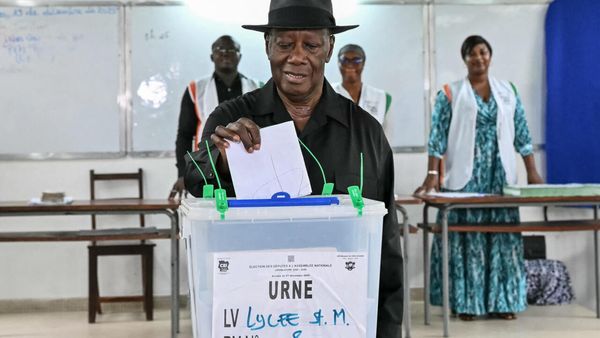
Microsoft Corp. (NASDAQ:MSFT) is paying distinguished engineers up to $2.4 million annually, according to leaked internal compensation documents, revealing the software giant’s escalating investment in top-tier technical talent amid Silicon Valley’s heated artificial intelligence hiring war.
Pay Structure Spans 14 Levels
Internal Microsoft documents obtained by Business Insider detail compensation ranges across 14 engineering levels, from entry-level positions starting at $83,000 to Level 70 distinguished engineers earning maximum salaries of $408,000 plus substantial stock awards.
The highest-tier Level 70 engineers receive on-hire stock awards up to $1.9 million and annual stock grants reaching $1.476 million, according to the May-updated guidelines.
Combined with salaries and bonuses, total compensation approaches $2.4 million for elite technical talent.
Microsoft did not immediately respond to Benzinga's request for comment.
Geographic Pay Differentials Drive Costs Higher
The company maintains separate “main” and “high” salary ranges based on location. Engineers at Microsoft’s Redmond, Washington headquarters fall under the main tier, while those in high-cost areas like San Francisco receive premium compensation packages.
Entry-level engineers (Levels 57-59) earn between $83,000-$163,600, depending on location and experience. Senior engineers begin at Level 63 with salaries ranging from $145,000-$237,600, while principal-level positions start at Level 65 with compensation between $172,800-$282,000.
AI Talent War Intensifies Competition
The compensation structure includes carve-outs for “competitive situations” where recruiters can seek approval for higher offers, reflecting the industry’s fierce competition for AI specialists.
Meta Platforms Inc. (NASDAQ:META) has reportedly offered packages worth $20 million annually to lure researchers from competitors, including Microsoft, OpenAI and Apple Inc. (NASDAQ:AAPL). OpenAI CEO Sam Altman claimed Meta is providing $100 million signing bonuses, though Meta executives dispute these figures.
The talent shortage affects approximately 2,000 researchers globally capable of building foundational AI models, driving unprecedented compensation inflation across Silicon Valley as companies race to secure artificial intelligence dominance.
Read Next:
Disclaimer: This content was partially produced with the help of AI tools and was reviewed and published by Benzinga editors.
Photo courtesy: Shutterstock







